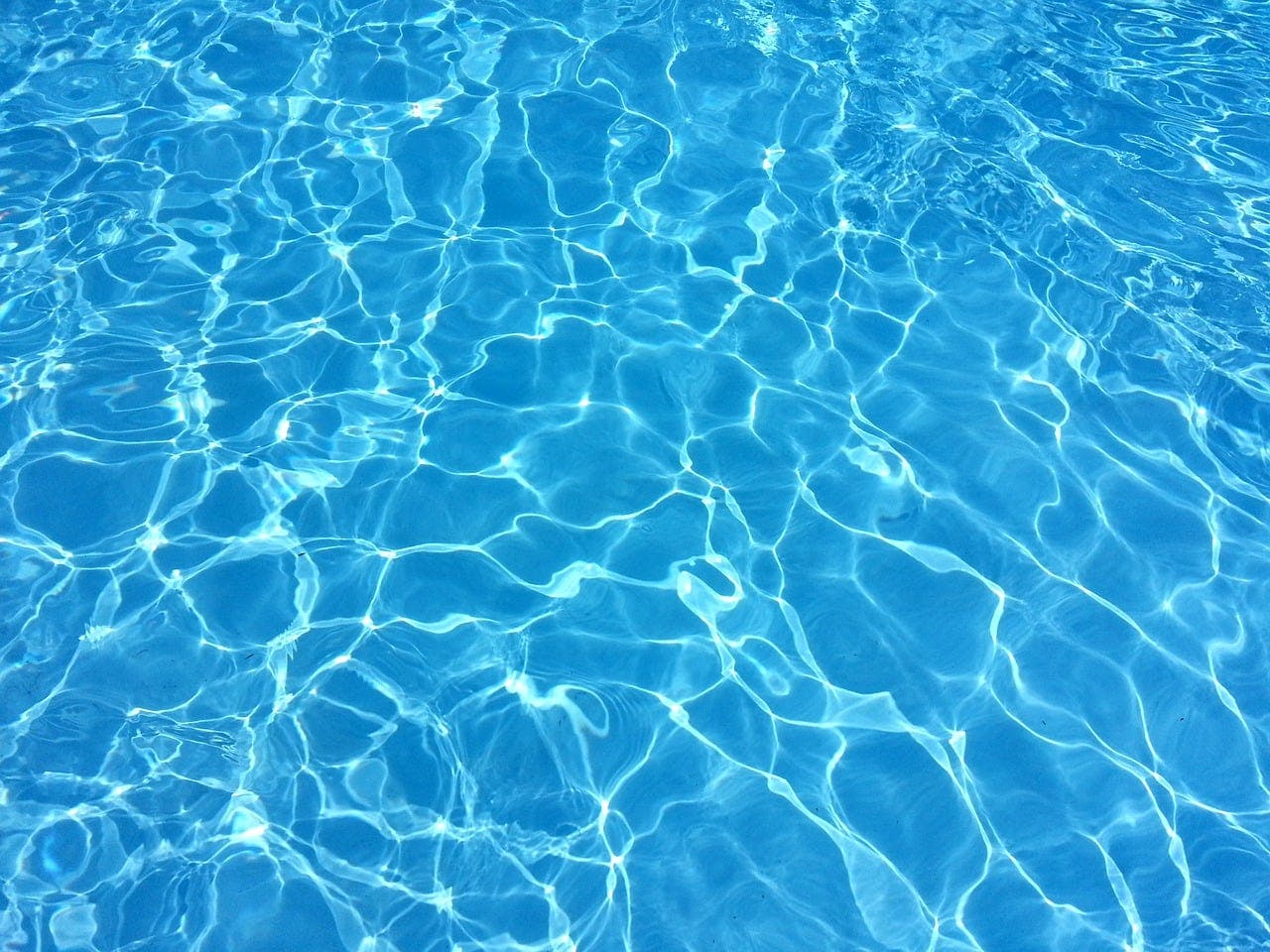As a vital part of human life, water is incredibly important to your health. It affects several different parts of the body by regulating temperature, getting rid of wastes, and protecting the spinal cord and joints from damage.
These aren’t the only benefits, though. Here’s a look at some other ways water impacts your health, when to know if you need more and how to ensure you get enough of it.
Benefits
Some of the main benefits of proper water consumption include:
- Calorie control: Water doesn’t contain calories, so many people use it as a substitute when they’re trying to lose weight. It doesn’t eliminate weight by itself, but choosing it over higher calorie beverages or foods can help. There are also many foods that have higher quantities and can help you reduce your calorie intake such as fruits, vegetables, oatmeal and broth-based soups.
- Body fluid regulation: Water, which makes up about 60 percent of the body, is used for important functions, including transporting nutrients and regulating body temperature. The feeling of thirst you notice during the day is your body telling you it needs more water to to balance these fluids.
- Skin care: Moisture is a big part of skin health—one of the many purposes of the skin is to prevent fluid loss. Not getting enough water can lead to wrinkles and other lines in the skin.
- Muscle strength: If cells haven’t properly maintained their balance of fluids and electrolytes, they can shrivel and cause muscle fatigue. The muscles need more fluids when they’re active because the body sweats some of them out, which is why water during exercise is so important. Getting the right amounts of fluid before and after exercise can also increase muscle strength.
- Kidney function: The kidneys have the important job of removing waste from the body, and urine is one of the ways they do this. Without enough water in your system, urine becomes more yellow and takes on a foul stench—but more importantly, the kidneys and other organs in the body might be at risk due to higher levels of waste and toxins. Drinking enough will keep urine flowing easily and won’t put the body at risk.
- Bowel function: One of the causes of constipation is dehydration—when the body isn’t getting enough fluid elsewhere, the colon will pull water from your stools. This will dry out your stool and, in some cases, make you unable to pass it.
When You Need More
In some situations, your body might need more water than normal. These include:
- When you’re working out or being more physically active
- When you’re in a hot or dry climate
- When you have a fever
- When you are vomiting or experiencing diarrhea (these remove fluids from your body)
Ways to Increase Water Intake
Drinking enough can be tough for some people. Here are a few tips you can try to help you keep a regular schedule and get more water:
- Carry a water bottle.
- Include at least one beverage with every meal and snack.
- Go for taste: Whether it’s simply adding a lemon or lime finding healthy flavored water drinks, find things you enjoy drinking. This will make it easier to remember them and drink them more often.
- Eat more fruits and vegetables, which are high in water content.
- Choose water when eating a meal out (this helps save money and increase fluid content).
If you have other questions about your fluid intake or want to know whether you’re getting enough water, speak to your doctor.
Revere Health Orem Family Medicine is devoted to comprehensive healthcare for patients of all ages. Our commitment is to provide thorough and timely health care for the entire family throughout all stages of life.
Sources:
“6 Reasons to Drink Water.” WebMD. http://www.webmd.com/diet/features/6-reasons-to-drink-water#1





